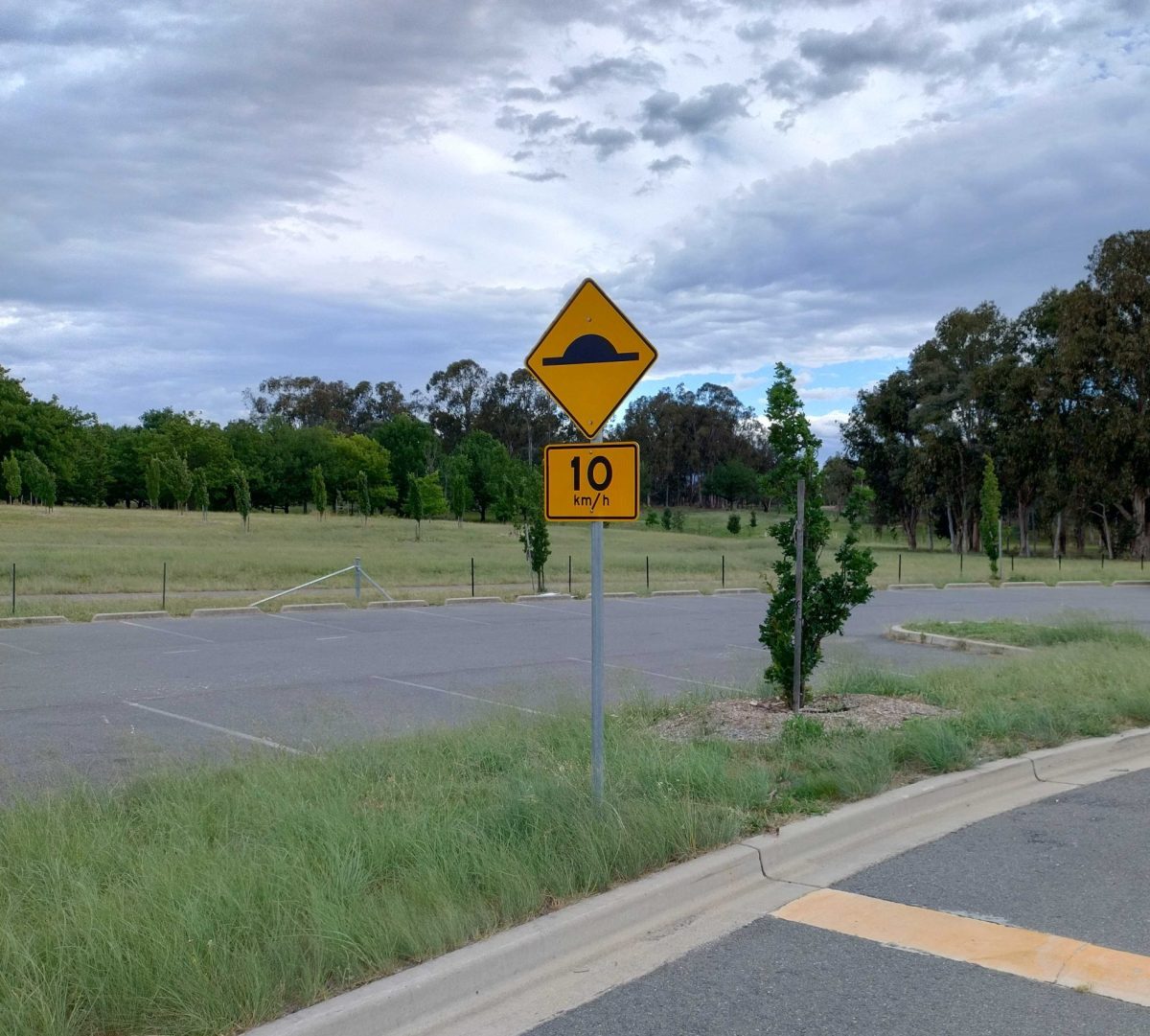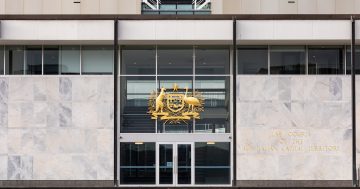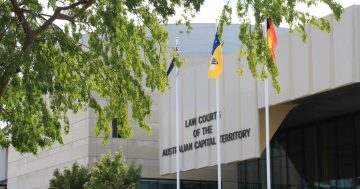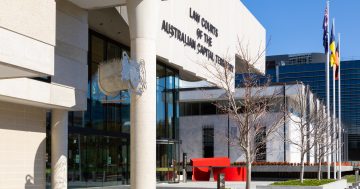
The man was parked in the National Rock Garden car park on Barrenjoey Drive, near Lake Burley Griffin. Photo: Albert McKnight.
A man has won an appeal against his conviction for illegal camping while homeless after a court found the charge didn’t cover his behaviour.
The man, whom Region has chosen not to name, had parked in the National Rock Garden car park on Barrenjoey Drive, near Lake Burley Griffin, on 4 January 2023.
Police gave the man a warning at 1 am that he couldn’t camp there. They would return and find him asleep in his car at 5 am.
He was convicted in the ACT Magistrates Court of unauthorised camping on unleased National Land and placed on a good behaviour order for six months.
The man filed an appeal in December 2023, arguing his human rights had been breached and that the court had made an “error in law”.
In her judgement released on Monday (16 December), Supreme Court Justice Verity McWilliam found the man’s behaviour “did not constitute ‘camping’, [and that was] an essential element of the offence”.
“[There] remains ambiguity about whether an individual parking in a car in an unrestricted carpark overnight, with the intention of sleeping for part of that time in the car, is engaging in conduct that constitutes the setting up of or establishing a camp or ‘camping’, and thus offends the provision,” she said.
During the Magistrates Court proceedings, the prosecution submitted that the man sleeping in his car had constituted camping.
The prosecution also said that police had seen the man at the same place on 30 December 2022.
“However, there was no evidence from the police officer as to the appellant’s car being parked there continuously from that date,” Justice McWilliam said.
While in the witness box, the man said that he had left the car at 1 am after police spoke to him and told him to leave. However, he would return to the car sometime before 5 am.
He also told the court that he couldn’t drive the car because his right to drive in the ACT had been suspended and that he was living in his car because he was homeless.
While convicting the man, Justice McWilliam said the magistrate had combined two dictionary definitions of ‘camping’ to evaluate if his behaviour was camping.
This was “not the correct approach”, she said.
She also said the magistrate’s decision to rely on evidence from an officer at the National Capital Authority on whether the area where the man parked was National Land was incorrect.
“Whatever her [the officer’s] experience, any opinion about whether the area in question was National Land, or land that was managed by that Authority, was irrelevant to the essentially legal question about the statutory classification of the land,” she said.
“That is not to say that the evidence of the witness was immaterial in its entirety – it was also directed to whether a permit had been issued to the appellant in respect of that area.
“However, that aspect of the evidence is not of concern here as the lack of a permit was not disputed.”
Justice McWilliam ultimately dismissed the conviction, saying that the man’s behaviour did not fall under the definition of ‘camping’ in the relevant legislation and that he should have been found not guilty.
She said his behaviour instead “amounted to parking in a car park (without time restrictions) with an intention to sleep inside the car for a period of time that extended overnight.”






















For a so called diplomat he is verty undiplomatic........ View